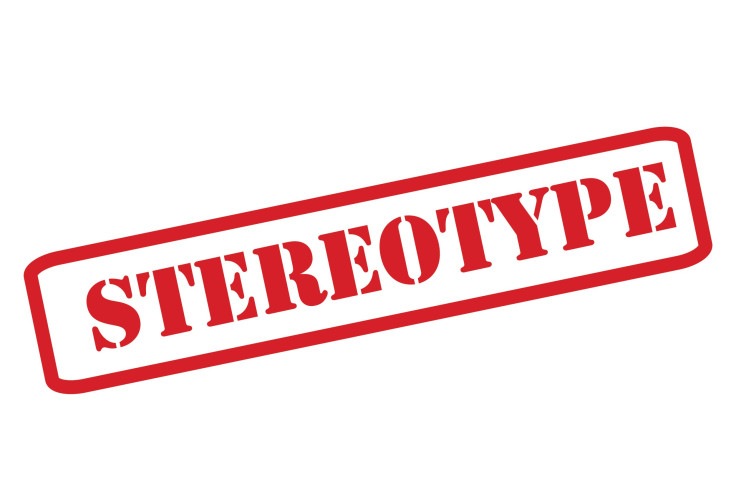
While most people can battle obesity and weight gain with a healthy diet and a regular exercise regimen, new research finds that ethnic minorities may have a more difficult time. According to the study, published in the summer edition of the Journal of Social Issues, minorities facing negative stereotypes can see a detrimental effect on their health.
"When you are exposed to negative stereotypes, you may gravitate more toward unhealthy foods as opposed to healthy foods," explains Luis Rivera, lead researcher and an experimental social psychologist at Rutgers University-Newark, in a university release. "You may have a less positive attitude toward watching your carbs or cutting back on fast food, and toward working out and exercising."
According to Rivera, the negative stereotypes, and the consequent diminished motivation, can be part of the reason why minorities living in the United States have a higher obesity rate than whites — data from Arizona State University has found that Hispanics in the U.S. have high obesity rates, with an estimated 55 percent qualifying to fit in that category. In his study, Rivera discovered that Latinos were more likely to agree with negative stereotypes that applied to them than whites, suggesting that "somewhere in their heads they are making the connection that the stereotype is Latino, I am Latino, and therefore I am the stereotype."
Rivera's study found that Hispanics who would self-stereotype would be more likely to be obese. Specifically, those who strongly self-stereotyped were more than three times as likely to be overweight and obese than those who did not engage in self-stereotyping. The results of this study are crucial, as they propose that self-stereotyping weakens self-esteem and this, in turn, plays a role in suppressing whatever motivation the said-individual had to lead a healthy lifestyle.
According to Rivera, the source of the negative stereotypes (e.g. Latinos are lazy or Latinos are unintelligent) can be found everywhere, from television and films to mass media and underlying behavior in people. "There are more subtle ways in conversations and interactions with others," says Rivera. "Although people don't say explicitly 'you are A, you are B,' there are ways in which those messages are communicated. It could be teachers. It could be your parents. It could be your friends."
One could argue that there is no evidence that the effects seen are actually caused by stereotyping or exclusive to the United States, but Rivera points out that there is evidence that Latinos born in America have a poorer self-image than many recent Hispanic immigrants. So while stereotypes exist everywhere (and yes, are damaging no matter the source) the pre-conceived notions about minorities in the United States seem to be especially influential.
To control other variables that could potentially impact self-esteem and the way an individual views themselves, Rivera made sure all other factors were the same. His subjects would be identical — neighborhood, income, access to healthy foods — in all ways except for ethnicity. Further, all the questions asked to the subjects were equivalent.
Rivera suggests, keeping his recent findings in mind, that positive ethnic role models could help people overcome the effects of prejudice. He further recommends that weight loss programs be designed to emphasize positive traits to invalidate the effects of negative stereotypes.
"It has been shown that when you remind people what they're good at, it works to immunize them from the effect of stereotypes," Rivera says. "It releases their anxieties and allows them to focus on the task before them and perform to their ability."
© 2025 Latin Times. All rights reserved. Do not reproduce without permission.




